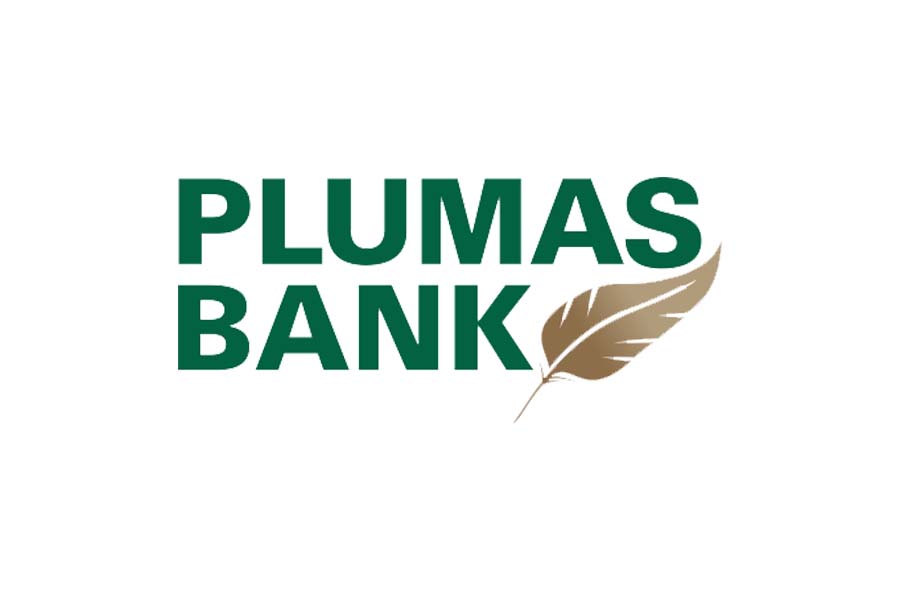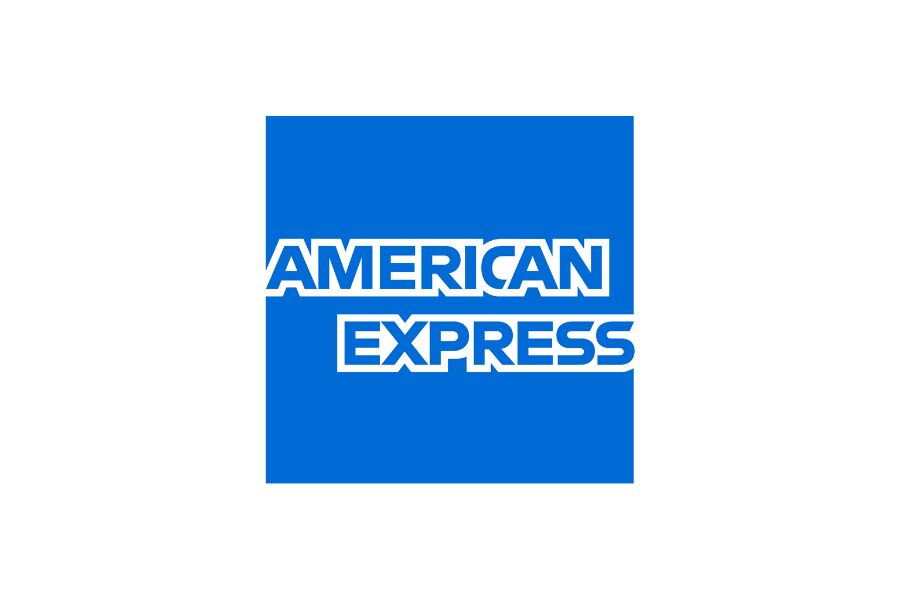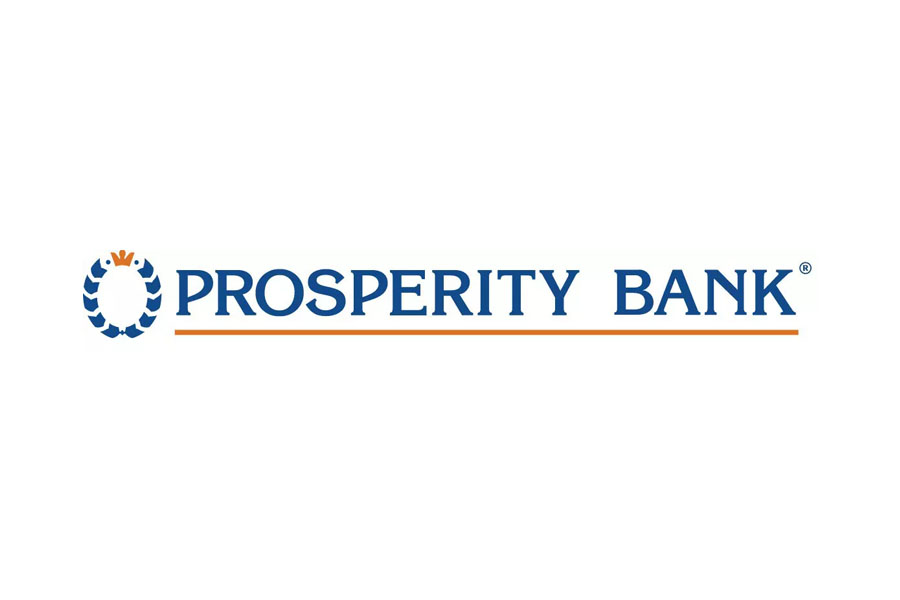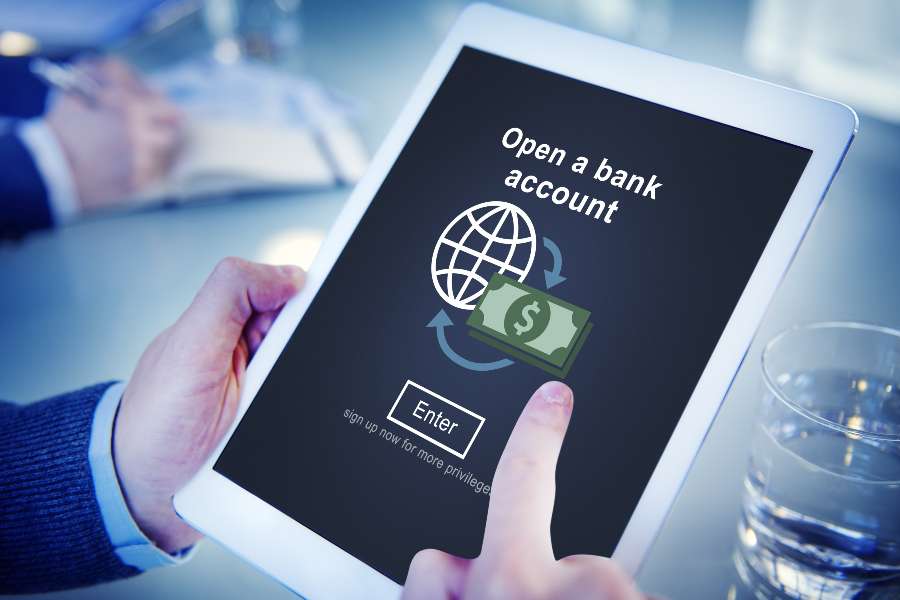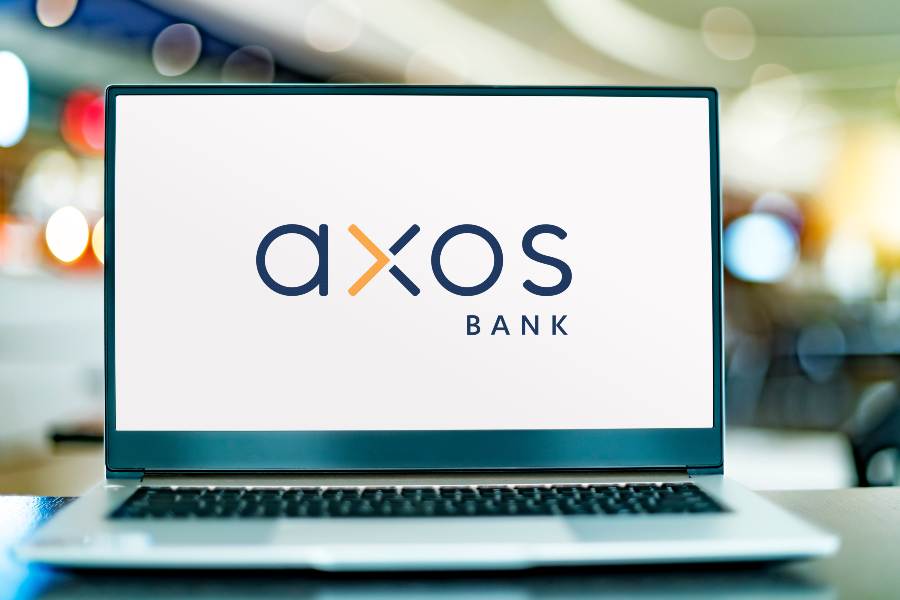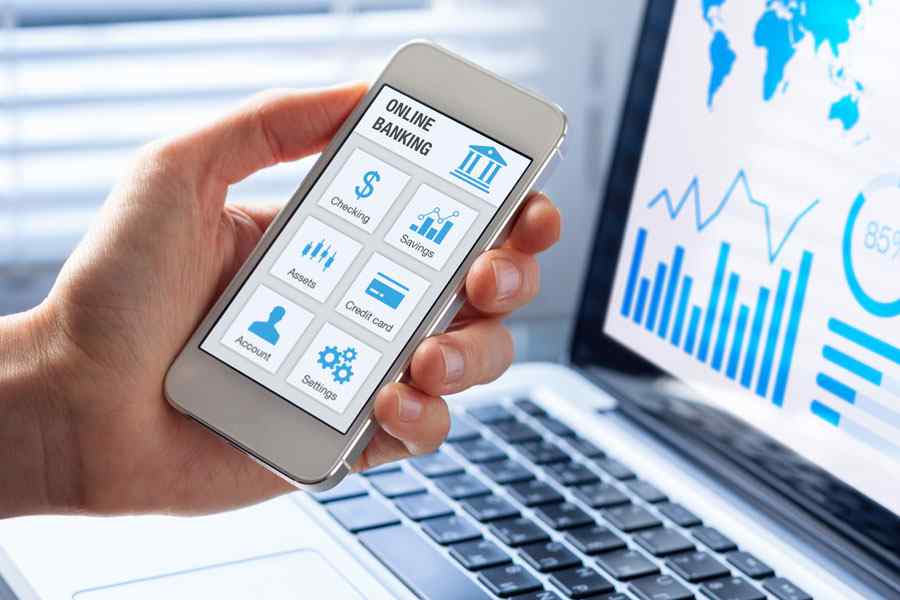Education & Credentials:
- Bachelor of Arts in Journalism with a minor in Electronic Media and Broadcasting from Northern Kentucky University
- Nationwide Multistate Licensing System (NMLS)-Certified (NMLS # 1780899)
Expertise:
- Small business banking
- Small business lending
- Residential mortgage lending
- Commercial mortgage lending
- Commercial equipment lending
- Financial journalism
Highlights
- Two years of reviewing business banking and financial providers, writing more than 200 reviews and buyer’s guides
- 15 years of finance experience in lending and lockbox
- 25 years of journalism experience in print, online, and broadcasting
Experience:
Matt Sexton is a banking and finance expert at Fit Small Business, specializing in Business Banking. Since starting at FSB more than two years ago, he has written more than 200 articles reviewing banking and financing providers and buyer’s guides. He holds a bachelor’s degree from Northern Kentucky University and has more than 15 years of finance experience and more than 25 years of journalism experience. He has worked for both small community banks and national banks and mortgage lenders, including Fifth Third Bank, U.S. Bank, and Knock Lending.
Featured in:
Personal Quote
“I feel like we have a very important role here at Fit Small Business to help users cut through the clutter of the internet and find the products and services that will best serve their needs. We spend the time to bring them the best answers so that they can spend time running their business and not endlessly searching for information.”
Posts Reviewed by Matthew
Posts Written by Matthew
Discover more resources
for your business
Education & Credentials
- Bachelor of Arts in Journalism with a minor in Electronic Media and Broadcasting from Northern Kentucky University
- Nationwide Multistate Licensing System (NMLS)-Certified (NMLS # 1780899)
Personal Quote
“I feel like we have a very important role here at Fit Small Business to help users cut through the clutter of the internet and find the products and services that will best serve their needs. We spend the time to bring them the best answers so that they can spend time running their business and not endlessly searching for information.”
